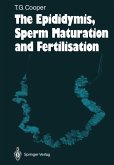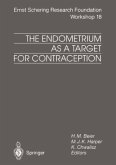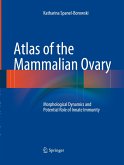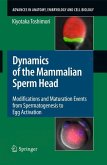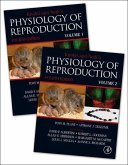Publication of this monograph acknowledges great strides made in research on the zona pellucida during the past decade or so. The body of work presented testifies to a resurgence of interest in the zona pellucida, prompted largely by a renewed appreciation of its unique properties and its important functions during early mam malian development. It is gratifying to realize that the zona pellucida has at last achieved a well-deserved attention. Whereas extracellular coats of nonmammalian eggs have been studied intensively for many years, the zona pellucida by comparison, has until now taken a back seat. Fortunately, the research presented here signals an end to this situ ation. Many of the difficulties inherent in working with relatively small amounts of material have been overcome, paving the way for application of a wider variety of experimental approaches to the zona pellucida by a larger community of investigators. Hopefully, this monograph will serve as a catalyst in this regard. As revealed in these pages, application of contemporary experi mental methodologies has had significant impact on both pure and applied research on the zona pellucida. For example, modem im munological approaches have been used to assess molecular fea tures of zona pellucida structure and function, as well as to evalu ate the zona pellucida as a potential contraceptive target antigen.
Bitte wählen Sie Ihr Anliegen aus.
Rechnungen
Retourenschein anfordern
Bestellstatus
Storno



